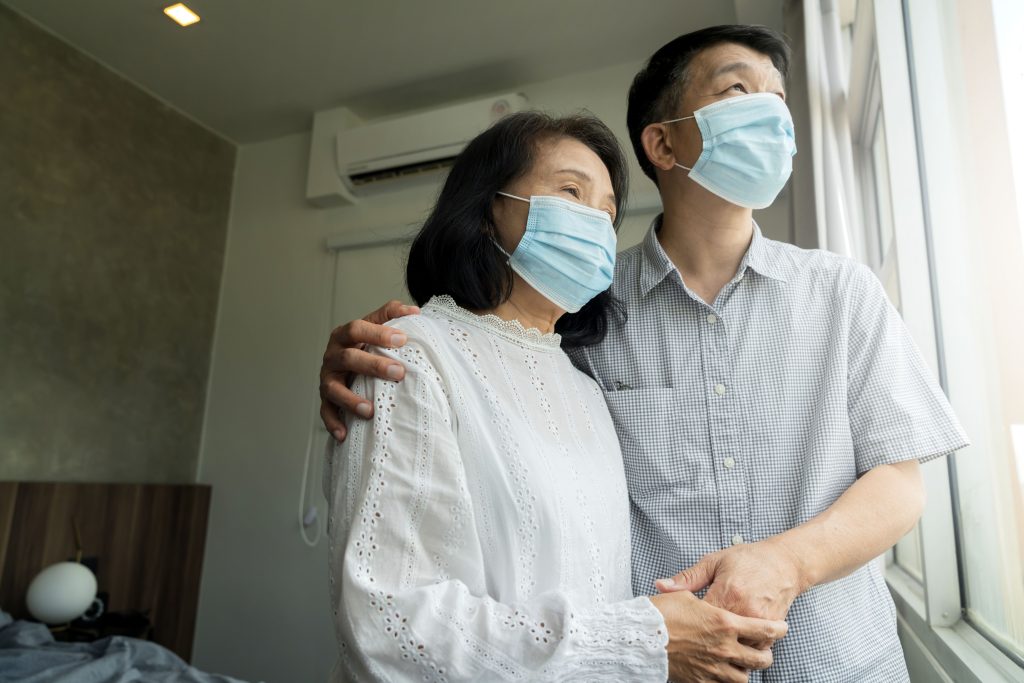
The COVID-19 pandemic has significantly impacted not only physical health but also social and psychological aspects. COVID-19 survivors often face societal stigma, which can affect their mental health and quality of life. This article will discuss the findings of a study examining the association between stigma and the mental health and quality of life of COVID-19 survivors, based on research conducted by Airlangga University.
Background and Objectives
Social stigma against COVID-19 survivors is one of the major challenges in their recovery process. This study aims to analyze how stigma affects the mental health and quality of life of COVID-19 survivors.
Methods
This cross-sectional study involved 547 adults who were previously documented as SARS-CoV-2 positive by a PCR test, treated in a hospital or an emergency hospital, and proven to be SARS-CoV-2 negative by their latest PCR test. The Berger HIV Stigma Scale was used to measure stigma, the World Health Organization Quality of Life Brief Form to measure quality of life, and the Mental Health Inventory-38 to measure mental health. Chi-square and binary logistic regression tests were used to find the correlation between the variables.
Results
Multivariate analysis revealed that medium stigma was more likely related to quality of life and mental health than low stigma. The study also found that females were less likely to experience stigma related to mental health than males. Additionally, respondents who worked as laborers and entrepreneurs were less likely to experience stigma related to mental health than those who worked as civil workers/army personnel/teachers/lecturers.
Discussion
This study found that COVID-19 survivors experienced medium stigma in society, negatively impacting their quality of life and mental health status. Factors such as gender and occupation also influenced the level of stigma experienced. For instance, lower stigma was experienced by females and those working as laborers and entrepreneurs. This indicates that stigma affects individuals not only personally but is also influenced by social and demographic factors.
Conclusion
COVID-19 survivors are a vulnerable group at high risk when returning to their communities. Therefore, creating a safe environment and providing respectful care, including addressing complex stigma factors, is vital for developing appropriate interventions.
Practical Implications
To reduce the impact of stigma on COVID-19 survivors, collaborative efforts from various parties, including the government, health organizations, and society, are required. Educational campaigns to increase understanding and reduce stigma against COVID-19 survivors should be intensified. Additionally, adequate psychosocial support needs to be provided to help them cope with the psychological impacts of stigma.
By understanding and addressing stigma, it is hoped that the quality of life and mental health of COVID-19 survivors can be improved, allowing them to actively participate in society without facing discrimination.
Link Journal : https://scholar.unair.ac.id/en/publications/association-of-stigma-with-mental-health-and-quality-of-life-amon